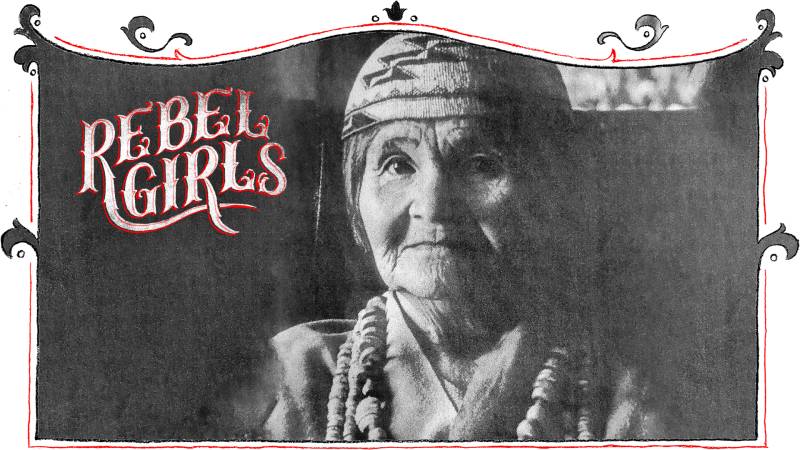I
n 1949, Marie Mason Potts took on a role that would transform the latter half of her life. She became editor of Smoke Signal, the first newspaper in California to be written, edited and controlled exclusively by Indigenous Americans. Potts took over just as a new, post-war wave of Native American activism was swelling. And what she did with the paper for the next 30 years would indelibly impact the lives of countless Indigenous people all over America.
Smoke Signal was first established by Potts’ youngest daughter, Kitty Flores, on behalf of the Federated Indians of California (FIC). Its first issue published in January 1948, when Flores was just 22. When Flores was forced to relocate for her husband’s job, Potts — who had contributed to the paper for the past 18 months — wasn’t about to let Smoke Signal fall out of print. She remained dedicated to it, even during times of personal crisis, for the rest of her life.
Smoke Signal’s initial goal was to unify disparate Indigenous communities so that they could work together as one force. “In Unity, There is Strength” its masthead declared, issue after issue. However, the longer Potts worked on the paper, the more embedded she became in every aspect of Indigenous activism — something she had already been involved with since her teens. Potts’ work at the paper ultimately transcended the normal commitments of a reporter or editor, and stretched into the realms of personal advice and legal assistance.



